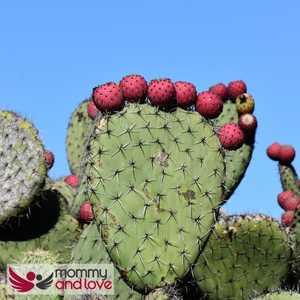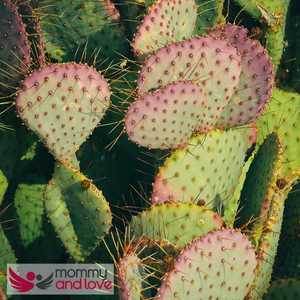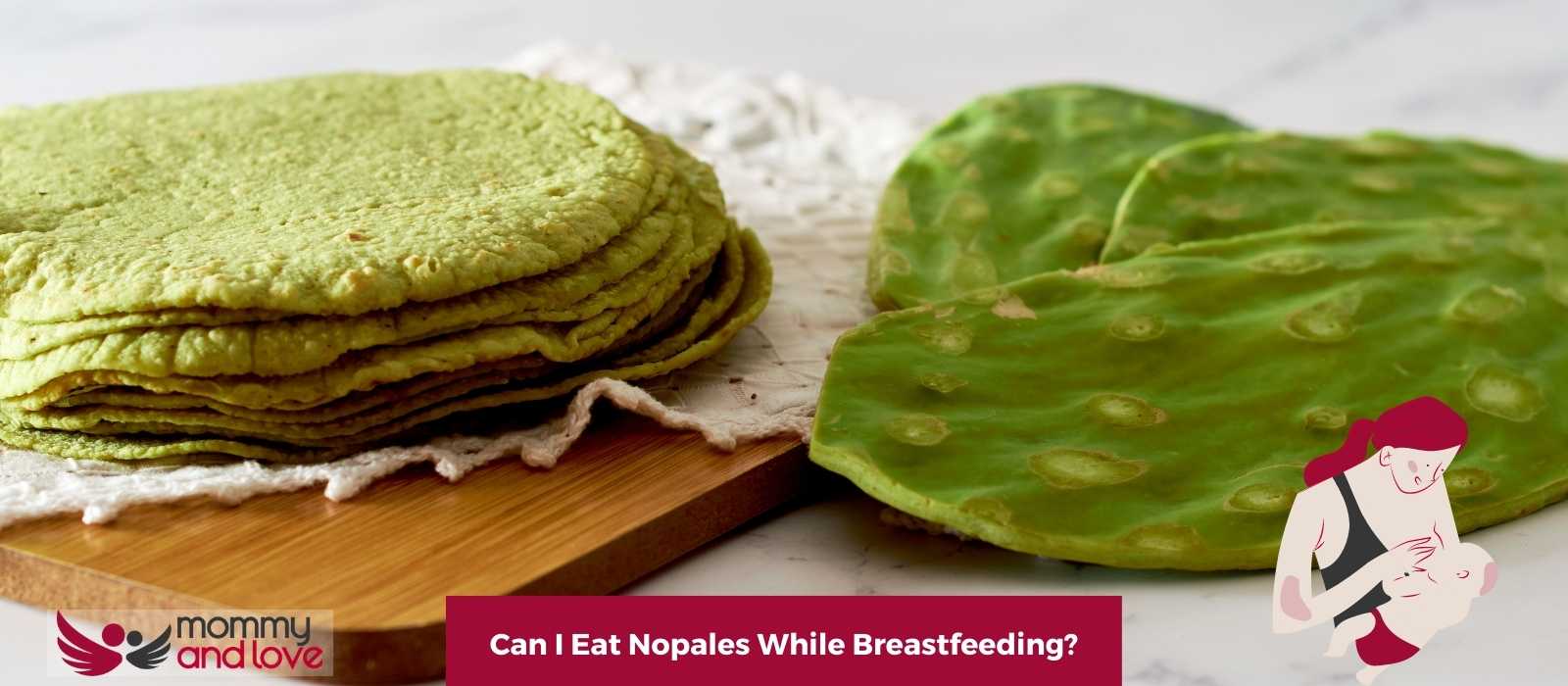Are you a breastfeeding mother who is wondering if you can enjoy nopales? You’re not alone! This is a common question that many mothers have.
Looking to enjoy nopales while breastfeeding? Nopales should be avoided in pregnant and nursing women as there is not enough information to know if it is safe. Some sources recommend avoiding nopal during breastfeeding as the saponins it contains may be harmful to nursing infants. If you are looking for a healthy vegetable to enjoy while nursing, try spinach, kale, or broccoli instead.
What are nopales or prickly pear cactus?

Nopales (opuntia ficus indica), which are also known as prickly pears, are fruits with a texture somewhere between cucumber and watermelon. Taste-wise, the fruit is tart and slightly citrusy.
On their own, they’re delicious, especially if they’ve been dusted with chili and seasoned with lime juice.
What are the benefits of eating nopales while breastfeeding?
There is no evidence to support that eating nopales or prickly pear cactus have lactation-specific benefits to nursing mothers. But fresh nopales are rich in vitamins and nutrients and are believed to have medical and nutritional benefits.
The best line of protection against viral infection is prevention. Prickly pear cactus contains antiviral effects, and a preliminary study indicates that it is effective against herpes simplex virus (HSV), respiratory syncytial virus (RSV), and HIV.
Nerve cells, like all other cells, can be injured. This may result in sensory loss or pain. Prickly pear cactus can help to prevent this type of harm. A 2014 study, for example, discovered that it has neuroprotective qualities. This plant can aid in the prevention of nerve cell injury or loss of function.
An early study discovered evidence that prickly pear cactus could lower cholesterol. While total cholesterol levels decreased, LDL cholesterol (or “bad” cholesterol) decreased dramatically. The nopal cactus may be able to decrease cholesterol while having far fewer adverse effects than typical cholesterol treatments.
Some preliminary research suggests that prickly pear cactus can help persons with type 2 diabetes lower their blood sugar levels. Some research also suggests that prickly pear cactus extract may help in wound healing and alleviate the unpleasant effects of a hangover, probably due to its anti-inflammatory properties.
If you have diabetes, see your doctor before taking prickly pear cactus supplements.
What are the issues with eating nopales?

It is unknown whether prickly pear cactus is safe for infants or pregnant or nursing women.
Nopales are generally considered harmless, however, they may cause some minor side effects whether used as food or medicine.
In a clinical setting, the effect of nopal on pregnancy and lactation has not been examined. It is unknown whether nopales have any effect on developing fetuses or infants. Many doctors advise pregnant or breastfeeding women to avoid eating nopal or using nopal-based supplements until more evidence of the plant’s safety is available. You can eat cooked beansprouts but not raw beansprouts when nursing..
How much nopales can I consume when breastfeeding?
Breastfeeding mothers are advised to avoid eating nopales since their effects on nursing moms and babies are still unknown.
Does nopales affect breast milk supply?
It is still unknown whether nopales affect breast milk supply. If you are a nursing mom and looking for foods you can add to your healthy diet that can also help boost your breast milk production, consider other foods such as fruits, oats, dark green vegetables, fennel and fenugreek.
Take Away on Nopales for the Breastfeeding Mother
There is no evidence to support that eating nopales have lactation-specific benefits to breastfeeding mothers. Additionally, the effects of nopales or cactus pear on babies and breastfeeding moms are still unknown.
Before adding nopales or any food that contains nopales to your diet, speak to your doctor and ask for medical advice on whether you can eat prickly pear or not.

This article was written by Sandra Baker – full time writer and the mother of four amazing kids (including twins!)
She’s also a breastfeeding counselor and has spent years helping new parents learn how to care for their children. When she’s not writing or caring for her children, Sandra likes to spend time reading and taking walks with her husband.




